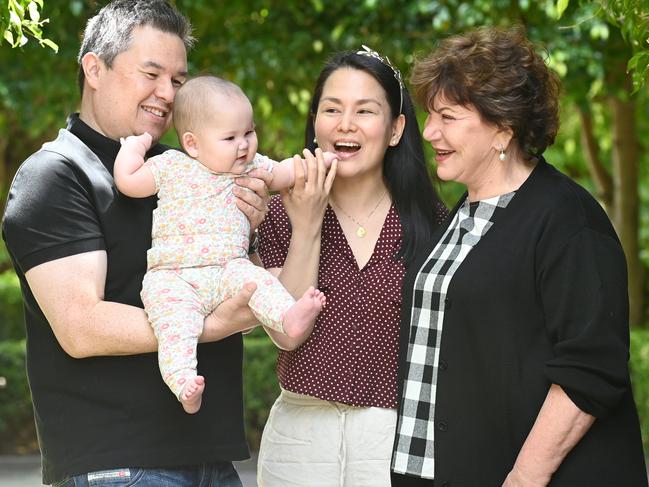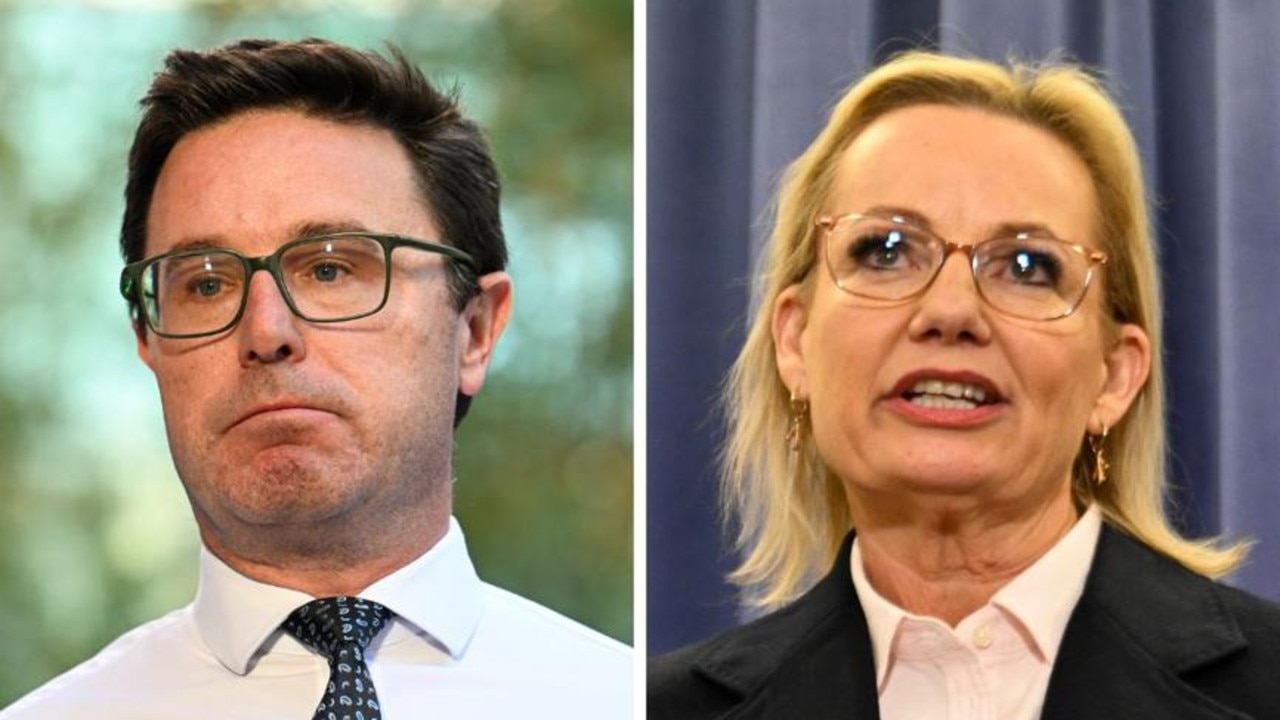Fertility First Dr Anne Clark reveals secret to helping women over 40 have babies
Women aged over 40 normally have a 16 per cent chance of having a baby using IVF. But a Sydney doctor is surpassing expectations.

National
Don't miss out on the headlines from National. Followed categories will be added to My News.
Exclusive: It’s almost impossible for women over the age of 40 to have a baby but a fertility specialist is defying the odds by focusing on the woman’s male partner.
Boutique IVF clinic Fertility First emerged as one of the best value clinics in News Corp’s analysis which matched treatment costs against success rates.
Not only was it cheap – costing $3883 per IVF cycle- it was the sixth most successful clinic in the country at giving older women a child.
The Sydney-based clinic has been running for more than 25 years and Dr Anne Clark said half her patients were aged over 40.

Today she reveals the secrets to her success.
“We’re giving much more individualised care and I guess that’s one of the ways our rates are so good, because we’re not just organising things on some computer generated algorithm,” Dr Clark said.
Normally women aged over 40 have a five per cent chance of conceiving a child naturally and a 16 per cent chance using IVF.
But at Fertility First 25 per cent of women in this age group will get a child.
“What I think we do that makes a difference is I’m very particular about being very thorough about pre-conception testing and … the man’s half the baby and needs half the attention,” Dr Clark said.
Once men reach their mid-30s sperm DNA damage levels increase, and when more than 30 per cent of the sperm are damaged the chance of pregnancy is very low, Dr Clark said.
Fertility First thoroughly tests the sperm, treats any DNA damage with a 6-8 week course of antioxidants and if that doesn’t work extracts the sperm directly from the testes using a fine needle to obtain it before damage can occur.
Other key factors include testing the woman’s iodine levels (low levels halve the chance of conception) and vitamin D deficiency (can compromise fertility by 30 per cent).
“My hypothesis always is that this is nature being quite clever because we now know that children conceived to iodine deficient mothers, it’s now the commonest cause of mental retardation in the world,” Dr Clark said.
She said measuring homocysteine levels is also important because high levels cause DNA damage.
Encouraging couples to cut back on smoking and drinking also helps.
Nurse Patricia Reyna said her husband Joel Townsend was a “total hero” in their quest to have a baby – cutting back on coffee, swallowing vitamins and enduring needle aspiration of sperm and a biopsy.
“I thought that my husband would pass out during the sperm biopsy procedure as he was in excruciating pain, probably comparable to labour pains and giving birth,” Ms Reyna said.
The couple met when she was in her late 30s and Mr Townsend was in his 40s.
Ms Reyna had endometriosis surgery and they discovered Mr Townsend had severe sperm issues.
The couple unsuccessfully tried IVF with the public Westmead fertility clinic and Monash IVF before switching to Fertility First which was recommended by a workmate.
After four full IVF stimulation cycles and one frozen embryo cycle Ms Reyna fell pregnant last year and gave birth to their daughter Marella Reyna in May.
“Words are really not enough to describe how much I love our baby girl,” Ms Reyna said.
“My husband and I are very grateful to Dr Clark and the entire FF team for helping us conceive our baby girl”.
Originally published as Fertility First Dr Anne Clark reveals secret to helping women over 40 have babies





